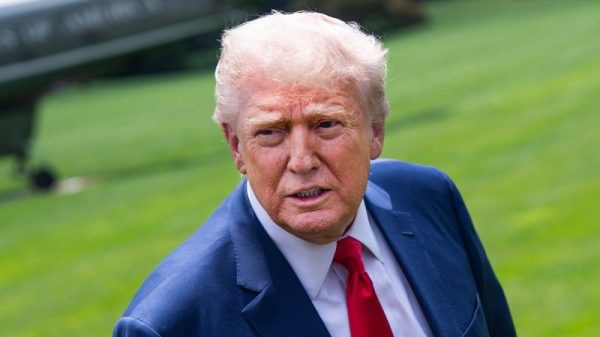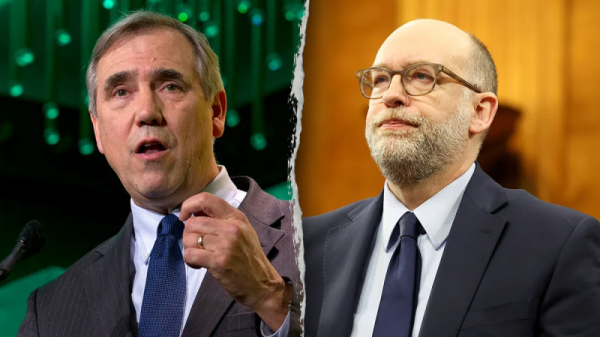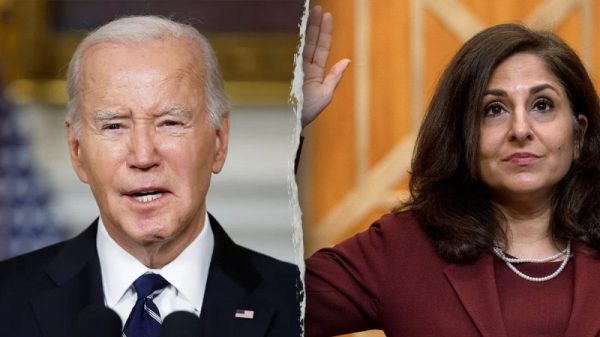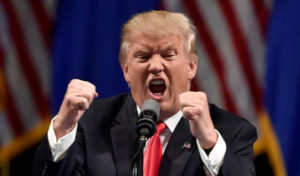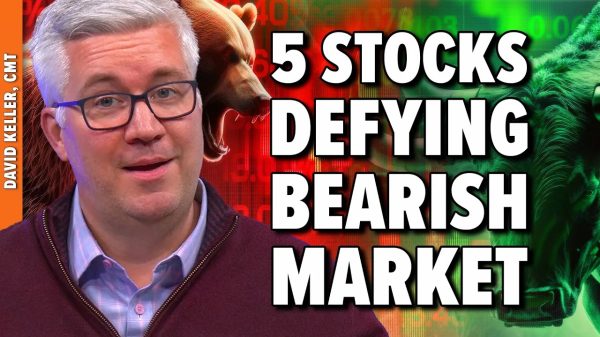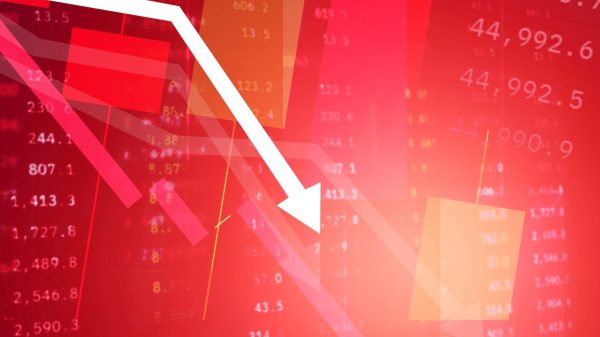
Gold has officially eclipsed the euro to become the second-largest global reserve asset, according to a new report from the European Central Bank (ECB), marking a major shift in central bank strategy amid rising geopolitical tensions and concerns over traditional currency dominance.
The ECB said central banks worldwide now hold 20% of their official reserves in gold, up from previous years, while euro-denominated assets account for just 16%. The US dollar remains the top reserve currency globally, accounting for 46% of holdings.
The surge in gold’s popularity is being attributed to a combination of economic and geopolitical factors, including concerns around sanctions, inflation, and the long-term stability of fiat currencies. In particular, the report notes that in five of the ten largest increases in central bank gold holdings since 1999, the countries involved had either recently been sanctioned or were facing the threat of sanctions.
Since Russia’s invasion of Ukraine in early 2022, central banks appear to be placing greater emphasis on gold not just as a hedge against inflation or falling real interest rates — as was typical before — but as a shield against broader economic and political instability. The traditional inverse relationship between gold prices and real yields broke down after the start of the war, suggesting other motivators behind the metal’s renewed appeal.
“Gold is valued by reserve managers primarily as a portfolio diversifier to hedge against economic risks, including inflation, cyclical downturns and defaults, and secondly as a hedge against geopolitical risk,” the ECB report stated.
The return to gold is striking given the historical context. In the postwar Bretton Woods era, gold comprised nearly 60% of all above-ground reserves held by official institutions. While that figure now stands at just 17%, central bank demand is approaching levels not seen since that period.
Despite the increase in gold holdings, central bank demand remains a relatively small slice of total global gold usage. Jewellery and private investment continue to dominate, accounting for roughly 70% of global gold demand last year.
As economic uncertainty and global fragmentation intensify, gold’s role as a reserve asset looks set to expand further — offering central banks a time-tested store of value in a world of shifting alliances and unpredictable risk.
Read more:
Gold surpasses euro as second-largest global reserve asset, says ECB

